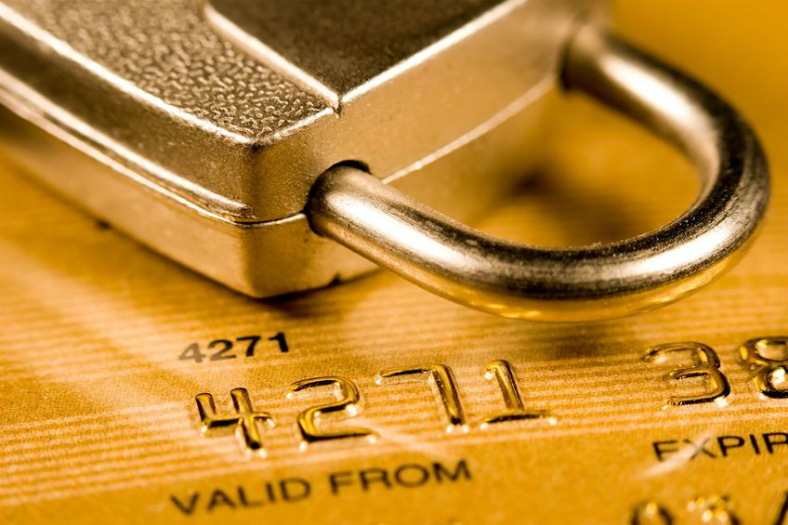
14 tips for safer online shopping
Posted by on Jan 03, 2017 in
Everything we need is now accessible with just a few clicks – banking, entertainment, even groceries!
But as we move more of our daily tasks online, the need to keep our personal information safe is increasing. If you’re planning on entering your credit card or banking information online in the future you’ll want to consider these 14 things first!
- Always make sure you are purchasing from a site that has an address that begins with https. You can trust that the site is set-up to encrypt your data being shared keeping your information safe.
- Only make purchases from reputable companies and always review the URL to be sure you entered it correctly. A misspelling of a link could take you to a lookalike site that is in no way affiliated with the site you’re intending to shop with. If you are visiting a site you’ve never heard about you could also do a quick Google search to see online reviews to vouch for their credibility.
- Don’t rely on links sent in emails. Phishing is an online scam where cyber criminals pose as legitimate companies and entice you to provide them with your card information. Instead, visit the website by typing in the URL yourself to be sure you’re visiting the site you’re intending.
- Always think before buying something via cellphone or wireless Internet, it’s much easier for cyber criminals to gain access to your information. Never enter your credit card or banking details over public WiFi hotspots or on a public computer.
- Consider a secondary card for use online. Choose a credit card with a low limit, or a pre-paid disposable credit card number.
- Use a third party site like PayPal when ordering online to ensure your credit card information is never shared with the merchant.
- Never store your credit card information on the retailer site and make sure to create a unique password to each site you order from. That way if your information from one retailer is compromised, you won’t have to worry about your other accounts.
- Run regular malware scans on your computer. If malware is installed on your computer your information may be compromised even if the purchases you are making are legitimate.
- Use common sense. If you’re getting an off-putting feeling from the site, if the deal is too good to be true, or if they’re asking you unusual questions in order to complete your order, step away and do a bit more research.
- Never share your credit card information via email, text message, or social media message. It’s very easy for message to be intercepted and it leaves you vulnerable if your accounts are hacked.
- Never store your credit card information in an unsecure place – both online and off.
- Be choosy when selecting your credit card provider. Choose a reputable financial institution and ask about their policies to be sure they’ll reimburse you in case of a theft.
- Use one credit card for online purchases and regularly review the statements to ensure everything is as it should be.
- Order your credit score report annually and review the details to ensure there’s nothing suspicious. In cases of identity theft you may not even be aware a credit card has been opened in your name.

